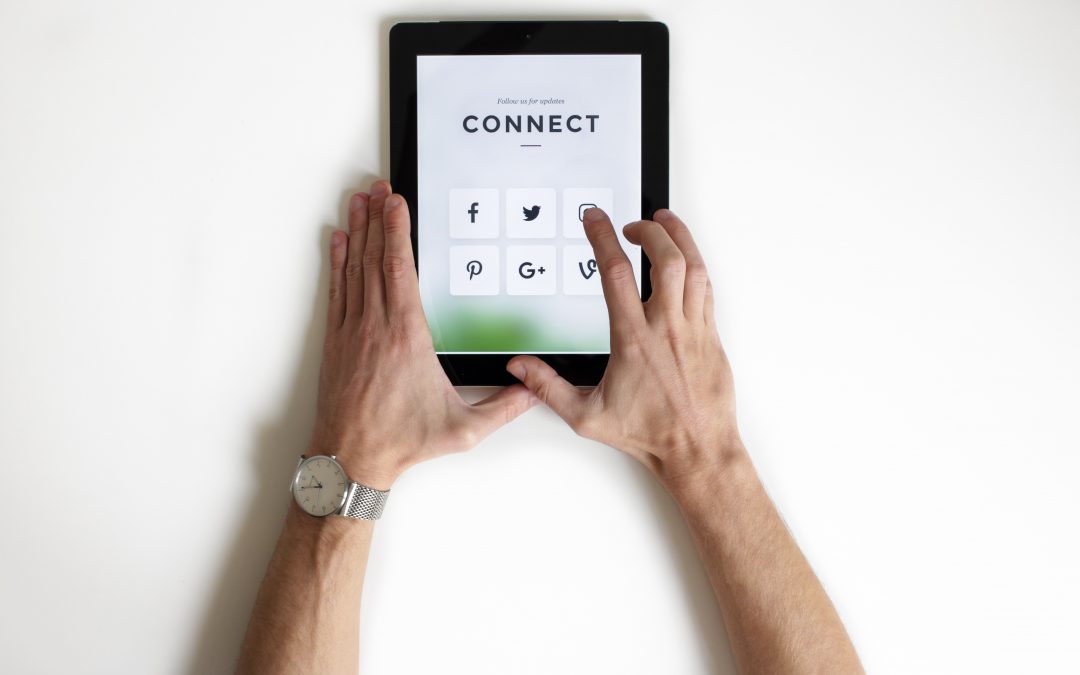A new study has found that people who use social networks, such as Facebook, passively — they don’t post updates, but tend to compare themselves with others — are in danger of developing symptoms of depression.
For the study, researchers at the Ruhr-Universität Bochum (RUB) in Germany carried out one experiment and two questionnaire studies.
In the first study, researchers had two groups of test subjects spend five minutes writing information about the first five people they saw either on their Facebook wall or on the staff website of the Faculty of Catholic Theological at RUB. A third group skipped this task. All three groups then completed a questionnaire that provided information about their self-esteem.
“It was shown that being confronted by social information on the Internet — which is selective and only positive and favorable, whether on Facebook and on employee websites — leads to lower self-esteem,” reported Dr. Phillip Ozimek, who led the research.
As low self-esteem is closely related to depressive symptoms, researchers said they consider even this short-term effect to be a potential source of danger.
The researchers then investigated long-term effects using questionnaire studies. They interviewed more than 800 people about their use of Facebook, their tendency to compare themselves with others, their self-esteem, and the occurrence of depressive symptoms.
They found a positive correlation between passive Facebook use, in particular, and depressive symptoms when subjects have an increased need to make social comparisons of their abilities.
“So, when I have a strong need to compare and keep seeing in my newsfeed that other people are having great holidays, making great deals, and buying great, expensive things while everything I see out of my office window is grey and overcast, it lowers my self-esteem,” Ozimek said. “And if I experience this day after day, over and over again, this can promote greater depressive tendencies over the long term.”
In a third study, the researchers used questionnaires to discover whether their findings could also be transferred to other networks. As professional networks work somewhat differently, they chose Xing.
“Although people’s profiles on there have still been candy-coated, they keep themselves grounded in order to appear as genuine, yet positive, as possible,” said Ozimek.
The results of the evaluation were very similar to those of the Facebook study, he added.
“Overall, we were able to show that it is not the use of social networks that generally and directly leads to or is related to depression, but that certain preconditions and a particular type of use increase the risk of depressive tendencies,” he said.
Private and professional social networks can promote higher levels of depression if users mainly use them passively, compare themselves with others socially, and these comparisons have a negative impact on self-esteem.
“It is important that this impression that everyone else is better off can be an absolute fallacy,” he said. “In fact, very few people post on social media about negative experiences. However, the fact that we are flooded with these positive experiences on the Internet gives us a completely different impression.”
The study was published in the journal Behaviour & Information Technology.
Source: Ruhr-Universität Bochum
Photo: Dr. Phillip Ozimek (left) and Prof. Hans-Werner Bierhoff. Credit: RUB, Kramer.

Recent Comments